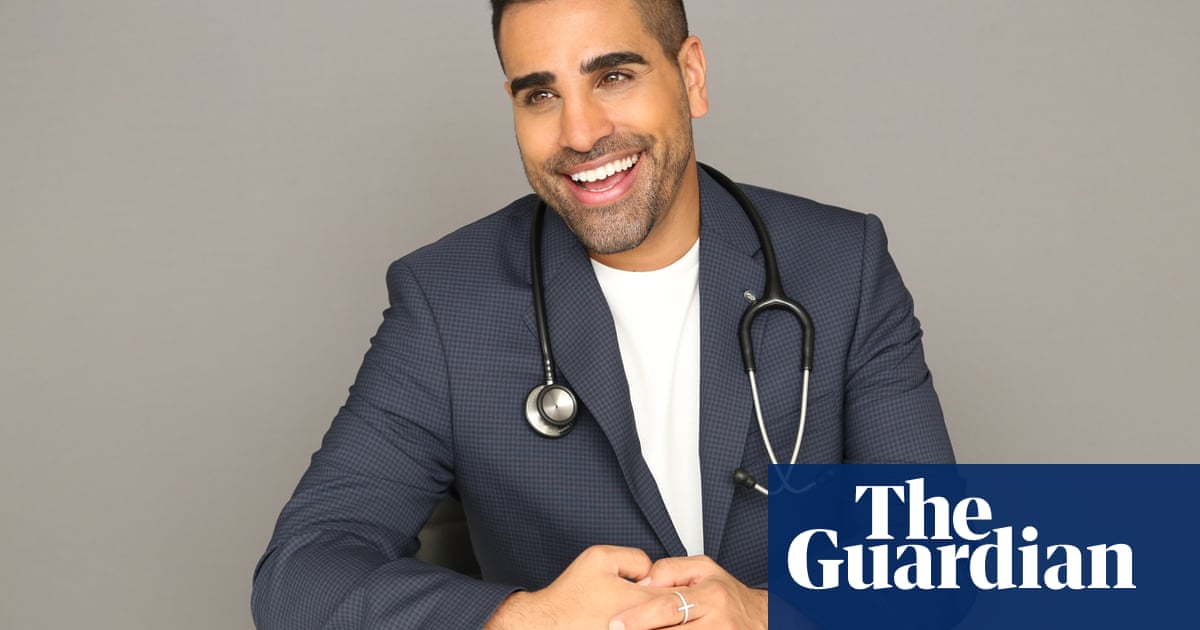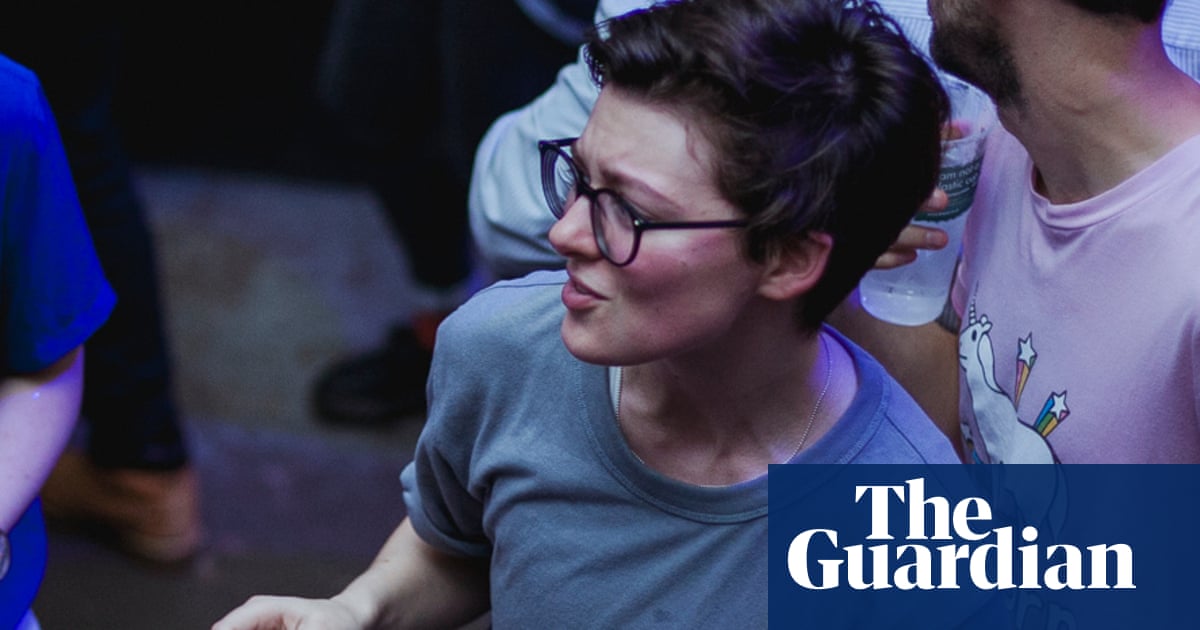
Two, three, cha-cha-cha. Two, three, cha-cha-cha. I was several weeks into my rehearsal schedule for Strictly Come Dancing. Every spare moment became an opportunity to practise the timing of my steps, and I was fully immersed in the world of sequins and salsa.
It was late in the evening, and I had decided that a walk home would be a wonderful way to help clear my head. I wandered over Waterloo Bridge and noticed a group of people huddled in a small area by the edge. I swerved to avoid them and hurried on, but something was not right.
As I got to the foot of the bridge, I couldn’t get rid of the feeling that something was going on, so I turned around and walked back. By now, most of the crowd was gone. There were only a few people left. It quickly became apparent that I had made the right call; they were trying to talk someone down from the edge of the bridge.
I found myself facing a young man who was on the brink of taking his own life. As a doctor, I’m used to speaking to people who are going through traumatic situations. But I’m used to that happening inside an A&E department, with support systems, equipment, and a set of protocols. In that moment, my medical skills were irrelevant. It was just me. All I had was compassion and conversation. I was terrified.
“Are you OK?” I asked. I gripped his arm, hoping that my firm grip could keep him safe. I started talking to him, asking how he had got there and what I could do to help. If I could maintain a gentle conversation, then hopefully I could distract him from his thoughts and buy enough time to persuade him not to jump.
After a while, he agreed to come back over the barrier. I promised to stay with him and get him help. Walking with him to the end of the bridge, I learned that he wasn’t from the UK, but had come here with hopes of employment and a brighter future. He had ended up sleeping rough after being taken advantage of and then lost hope. In his mind, this was the only way out.
I called the emergency services as we were walking, and the police soon arrived to take over. It was a strange feeling leaving him with them, having shared a moment that was so vulnerable and raw, but it was the right thing to do.
The emotional impact of what happened hit me when I was in the safety of my flat. When I got home, I broke down and cried. It made me confront the harsh reality that suicide is the biggest killer of young men, and how important it is to listen and offer kindness to those struggling with mental health issues.
Years later, I don’t remember his name, but I vividly remember that moment. The yellow hue of the bridge lights, the look of anguish and pain on his face. It has changed my perspective on how we deal with men’s mental health, and on the power of simply talking. All he needed in that moment was someone to listen and give him a helping hand, a bit of kindness.
It inspired me to create mental health first aid resources for the public, including instructional videos, to raise awareness and equip others with the tools to help in similar situations. I make sure to consider suicidal feelings in any young patient of mine going through distressing times, and I prioritise open conversations about mental health with my male friends and loved ones. This was especially important during the pandemic when mental health was so severely affected.
I recognise the profound impact that mental health has on my own life. I’ve been there and felt it. I was a child who at one very dark point felt suicidal because he was desperately seeking someone to speak to. I’ve had family members who have experienced severe depression, to the point of being sectioned. And as an adult, I’ve had my own struggles with stress, anxiety and burnout. I may bear the scars, but I also have the skills and insight to know what to do and how to deal with it.
Now, I don’t just casually inquire: “Are you OK?” I go the extra mile and ask: “Are you really OK?” This simple question serves as a powerful reminder to myself to delve deeper into the wellbeing of others. It urges me to push past surface-level responses and genuinely listen, to really understand the emotions and challenges that someone may be grappling with. It compels me to embrace kindness.
Since that transformative night on the bridge, I’ve learned to trust my instincts when something feels amiss. I have made it my mission to consistently ask, “Are you really OK?” because I understand the significant effect it can have.
How to Be a Boy: and Do It Your Own Way by Dr Ranj Singh is published by Wren & Rook.
International helplines can be found at www.befrienders.org. In the UK and Ireland, Samaritans can be contacted on 116 123 or email jo@samaritans.org or jo@samaritans.ie. In the US, the National Suicide Prevention Lifeline is at 800-273-8255 or chat for support. You can also text HOME to 741741 to connect with a crisis text line counselor. In Australia, the crisis support service Lifeline is 13 11 14.












